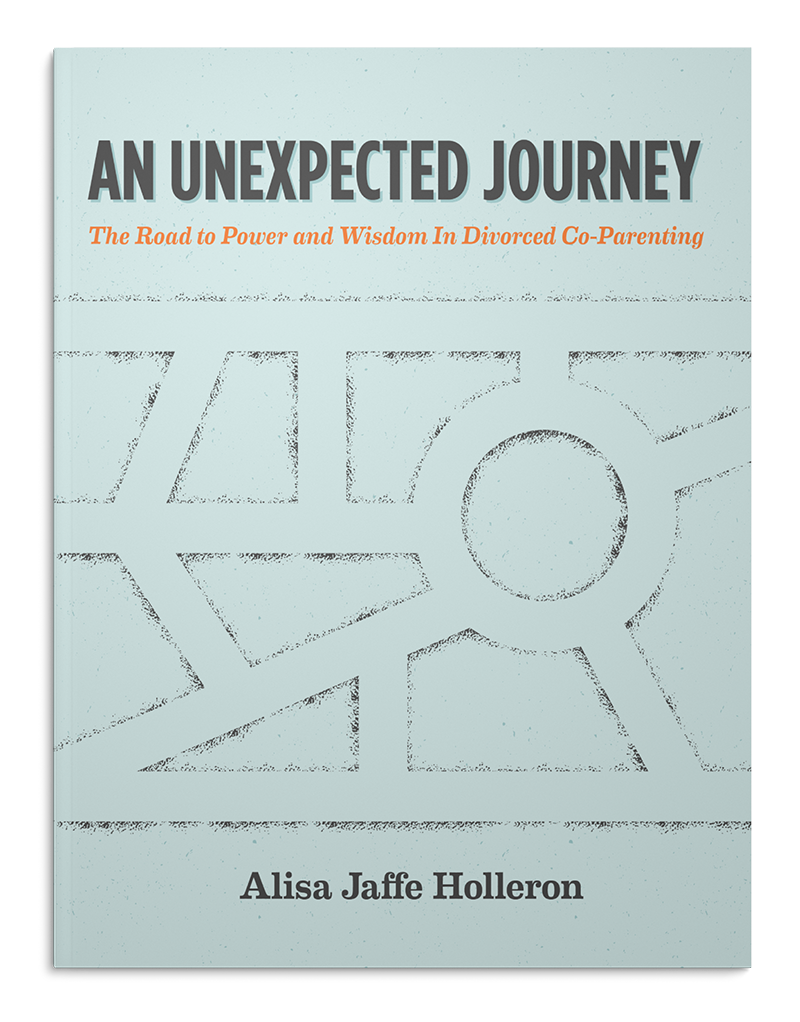Dear Alisa,
My ex recently was remarried. When my eight year old son Brandon came back from his last visit, he announced that his dad and step-mom told him that he should call his step-mom “Mommy.” Brandon happily announced: “I have two mommies now!”
Alisa, I thought I was going to puke. I didn’t know whether to cry or scream. I am so angry I don’t know what to do. I didn’t say anything to him, but I feel that I have to put a stop to this. Don’t I? What should I do?
Cynthia
Dear Cynthia,
I feel for you, and I’m sorry this is so painful. I wish I could say that there is a simple right or wrong answer, but I don’t trust cookie cutter answers to these types of questions. People love to spout things like “That is just wrong! A child should not call his step-mom “Mommy!” as if somehow this answer was delivered from above. But it is just someone’s opinion based on absolutely nothing except maybe what they would like to be true. These kinds of questions are complicated and deserve deeper and more thoughtful consideration.
Cynthia, I know that you care deeply for Brandon and that there is nothing more important in life than him. Because I know you feel that way, I’m sure that you have two goals for him. One, to raise Brandon to be a happy and well-adjusted person, and two, to have a wonderful, connected relationship with him.
Given those goals, let’s take a look at your question. Your best shot at helping Brandon be happy and well-adjusted is by being attuned to him. Current brain research shows that being alert to children’s needs and emotional states, feeling into their experience, really knowing who they are, “seeing” who they are, being “present” with them, caring about who they are, is the most important ingredient in helping them grow up to be happy and well-adjusted, and helping you have a connected meaningful relationship with them. When you are connected deeply to them, they trust you and you are more likely to have an influence on them.
It is important to consider Brandon’s emotional experience in this situation. It sounds like Brandon felt happy and safe when he made the announcement to you that he had two mommies. Given that, if you express anger, it is likely to create a state of confusion for him. If you say: “Brandon, you only have one mommy and you may not call your step-mom “Mommy!” you will be putting him in the middle, pitting him against his dad, which is the last thing you want to do. Children need their worlds to feel whole, and expressing yourself this way would be unsettling to say the least. It puts him in the position of trying to please both you and his dad, and not knowing how. This makes his world a shaky and unhappy place. He will also be more cautious about sharing things with you because he will be afraid of your reaction.
Now Cynthia, you can try to talk to his dad and his step-mom about your feelings about this matter. You can ask them to change their stance. If you do this, it is essential that you do it when Brandon is not around. Also, be sure that you have gotten yourself to a place of calm before you approach them. If you are angry, it is quite likely that you will get nowhere. However, even if you are calm and reasonable, they may not be. Be prepared for that.
In the end, if your ex doesn’t agree with your request, I think it would be best to just let it go. Ha! Don’t you love when people tell you to just let things go? When I say that, I know that it will not be easy. It will be very hard to let go. But you will be benefitting Brandon, and yourself by doing so. So how do you go about letting go?
It takes a lot of courage. It takes being able to feel the difficult feelings involved and “work through them” rather than “acting them out.” It also takes looking at your feelings and what they’re really about. It is likely that your feelings of anger come from an underlying fear. Divorced co-parenting situations can evoke a lot of fear. Ask yourself what you are afraid of Cynthia. Are you afraid that Brandon will love his step-mom as much or more than he will love you? Are you afraid that your role as a mother will be taken from you? It is very common for parents in these types of situations to feel these fears. We hate to feel fear, and so it becomes transformed into the controlling emotion of anger. In anger, we are trying to change the circumstances that are creating our fear, but in doing so we often make things worse for ourselves and our children. For instance, if you yell at Brandon, or at his dad, you are creating conflict that will hurt Brandon and will not help you cultivate the kind of relationship with him that you want. If we act out of anger, we create unintended consequences that are often harmful to ourselves and our children.
In difficult divorced co-parenting situations, difficult emotions such as anger, frustration, and resentment can keep us focused on our “reactive needs,” in other words, things that would make us feel better in the short run, but not necessarily contribute to our long term goals, like raising happy healthy children. When we are in these emotional states, it is difficult to be attuned to our children’s needs.
But by letting yourself feel your fears and face them, you allow them to transform. It is not pleasant, in fact it is painful, but you have the courage to face these feelings Cynthia because facing these feelings is what will allow you to move through it. When you allow yourself to feel the fear, you are getting to the heart of the matter, and from this place you can ask yourself what you can and what you can’t control about the situation. In reality, Cynthia, you cannot control whether your ex has your son call his wife “Mommy.” It is sad to accept that there are things like this that we cannot control, but just like you allow yourself to feel the fear, also allow yourself to feel the sadness. Allowing the sadness will help you move through it and get you to a grounded place. In our culture, we resist grief and sadness. Allowing it, having a good cry, is how we heal. It is simply a natural response to facing the truth of things that we cannot control. If you try to control the situation, and you don’t get anywhere, continuing to try to control it is a waste of your energy. Do you want to expend your precious energy that way? After all, we only have a limited amount. Use it wisely. Use that energy to be in relationship with you son.
Being powerful in difficult divorced co-parenting situations is not about getting what you want. It is about looking deeply at what your child really needs. It is about having the courage to do what is needed, even if it hurts, even if it scares you, even if it drops you into a well of grief. It takes great courage to differentiate between what might feel good to you in the moment, and what is really good for him. And ironically, what his good for him is what would benefit you the most as well! Whether Brandon calls his step-mom “Mommy,” is by far less important than the quality of the relationship you cultivate with him.
Good luck Cynthia! You have the courage it takes!



